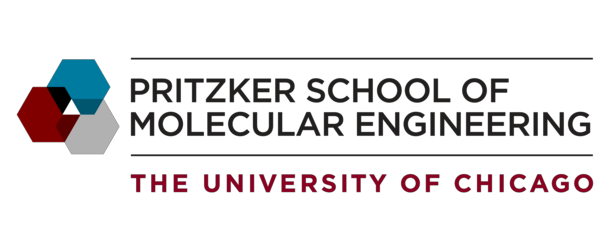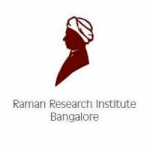Researchers at UChicago Send Entangled Qubit States Through a Communication Channel for the First Time

(Phys.org) In a breakthrough for quantum computing, University of Chicago researchers have sent entangled qubit states through a communication cable linking one quantum network node to a second node.
The researchers, based in the Pritzker School of Molecular Engineering (PME) at the University of Chicago, also amplified an entangled state via the same cable first by using the cable to entangle two qubits in each of two nodes, then entangling these qubits further with other qubits in the nodes.
In the future, quantum computers will likely be built out of modules where families of entangled qubits conduct a computation. These computers could ultimately be built from many such networked modules, similar to how supercomputers today conduct parallel computing on many central processing units connected to one another. The ability to remotely entangle qubits in different modules, or nodes, is a significant advance to enabling such modular approaches.
“These modules will need to send complex quantum states to each other, and this is a big step toward that,” Cleland said. A quantum communication network could also potentially take advantage of this advance.























